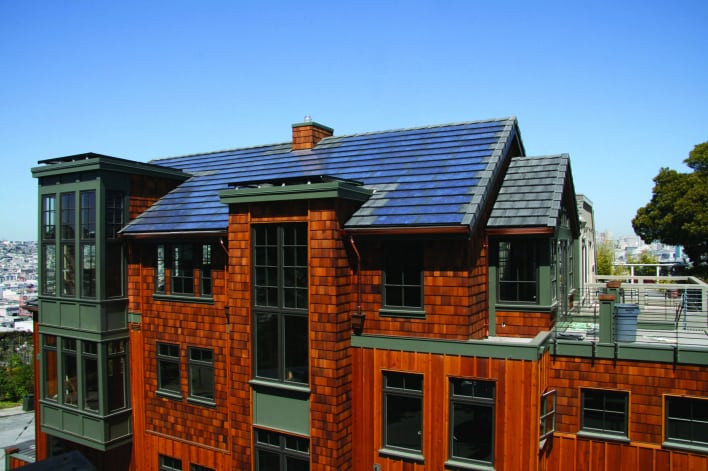Access To Financing Critically Important To Solar's Future Growth
Tuesday, Sep 03 2013

The U.S. solar industry is booming. "U.S. [Residential] Installation Frequency Hits One Every Four Minutes," according to a recent article in PV-tech.org. That puts the US residential solar industry on track to install 128,000 systems in 2013, according to GTM Research (Q213). We have come a long way since 2007 when I sold the first residential solar power purchase agreement to a homeowner in Redwood City, CA.
To keep our industry growing more than 50% annually we need to increase financing liquidity and ensure fair access to the grid.
Today's tax equity market is small, competitive, and illiquid. Every year the solar, wind, and geothermal industries compete for approximately $6 billion in financing. In the future, capital from traditional debt, public and electric power markets will play a bigger role in financing solar, which is great news because these are large, liquid financing sources. NRG Yield's (NASDAQ: NYLD) recent IPO is an example how our industry will access more liquid, cost-effective financing.
At SEIA, we are working to increase access to liquid financing by advocating for an extension of the Federal Investment Tax Credit and to make solar assets eligible for publically-traded Master Limited Partnerships (MLP) and Real Estate Investment Trust (REIT). Our members are also pursuing projects such as the Solar Access to Public Capital (SAPC) to set standards that will help us tap into public securitization markets. More financing liquidity means more growth for us all.
SEIA, in conjunction with a number of distributed generation member companies, is fighting hard to protect full credit and fair access to the grid for net metering consumers (click here for SEIA Net Metering Guiding Principles). Some power companies are fighting solar, by attacking net metering, while others are finding ways to partner with and profit from the solar industry. For example, this year Duke (NYSE: DUK), Edison International (NYSE: EIX), and two other major electric power companies invested in Clean Power Finance, and NextEra (NYSE: NEE) bought Smart Energy Capital, a commercial solar developer.
Cost-effective and fair access to the grid is critical to utility-scale solar development as well. SEIA has established a series of steps to overcome transmission barriers to solar energy and is actively advocating for expedited, standardized, regional transmission plans and implementation. In addition to working to expand transmission infrastructure, SEIA is also fighting proposed changes to transmission rates that discriminate against solar power.
Our work to increase access to capital and protect access to the grid will power great growth for us all.
Nat Kreamer, Clean Power Finance President & CEO and SEIA Board Vice Chair